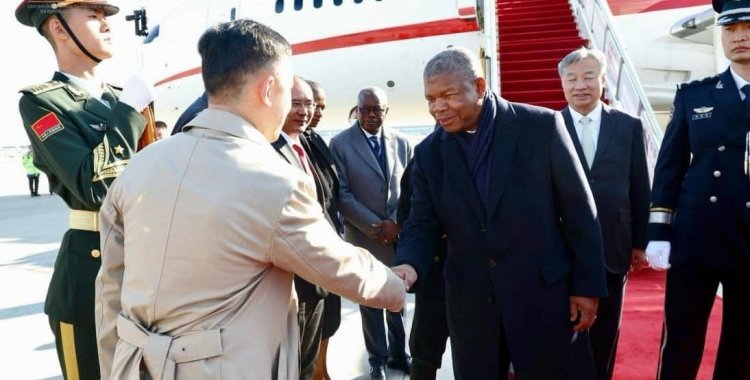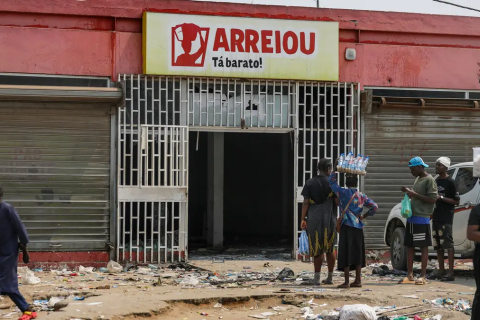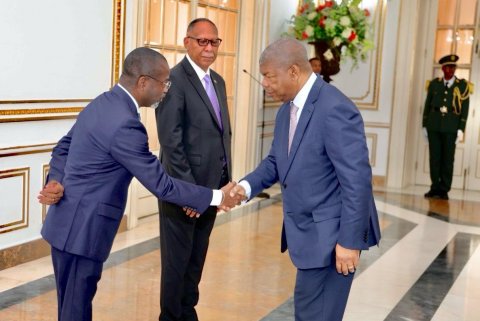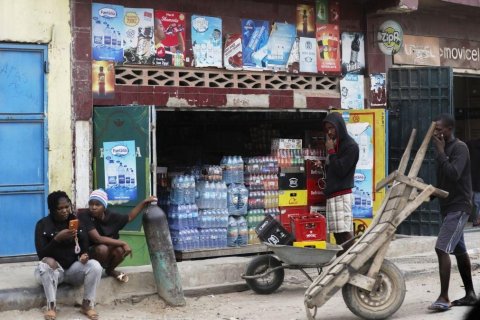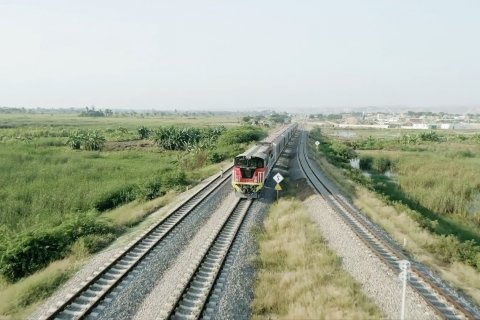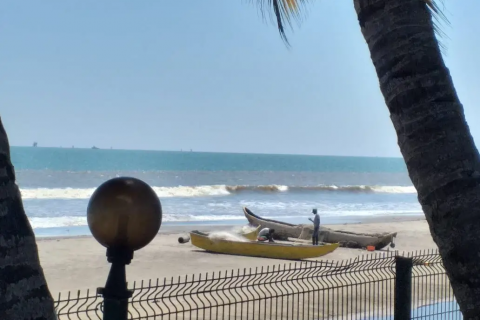Lourenço stated that he had managed to "largely unblock" the "constraints presented by Angola regarding commitments with Chinese banks and creditor institutions" and that "relief measures that do not harm the interests of either party" had been negotiated.
Angola's debt to China amounts to around 17 billion dollars, recalled the head of state, during the meeting with the Chinese Prime Minister, Li Qiang, at the Grande Palácio do Povo, next to Tiananmen Square, in the center of Beijing.
Angola was, in 2022, the country in the world in which debt payments to Chinese creditors had the greatest weight in public spending, according to a study released by the Center for Finance and Green Development at Fudan University, one of the most prestigious Chinese universities, located in Shanghai.
The country allocated almost 5 percent of the Gross Domestic Product to pay interest and repay loans previously taken out from Chinese entities, according to the same study.
Lourenço said that the Chinese authorities agreed to extend the deadline for disbursing financing for the construction of the Caculo Cabaça dam and thanked Beijing for intervention in talks with the financing consortium, made up of state-owned banks EximBank and ICBC.
Recalling that Luanda is carrying out a set of reforms to "improve the business environment, adjusting it to good international practices", Lourenço invited Chinese investors to invest in the Lobito refinery, currently under construction, and in 'offshore' and 'onshore' oil blocks.
"We also encourage investment in the crystalline silica production industry for photovoltaic cells, the petrochemical industry for the large-scale production of ammonia, urea and other products", said João Lourenço, at the beginning of his second official visit to China since being elected head of State.
After the civil war in Angola ended in 2002, China became one of the main partners in the reconstruction of the country, particularly the roads, railways and other infrastructure.
The country is also the largest destination for Angolan oil.
Thanking China's "hand of solidarity", João Lourenço pointed out that the approximately 12 billion dollars in loans taken out by Luanda from the state-owned banks China Development Bank and EximBank have repayment clauses that "burden Angola's debt service".
"The work that has been carried out in recent days, by our Minister of State for Economic Coordination and Minister of Finance and the Minister of Finance of China, with these banks and creditor institutions, to study measures that relieve us without harming the interests of none of the parties went smoothly, with most of the constraints we presented having been unblocked", he stated.
"We will have an outcome that we hope is favorable after implementing these understandings", he assured.
The President said he wanted to attract more private and public investment from China, "as long as it is without oil serving as collateral", as has been the practice in recent decades.
Lourenço requested, in particular, financing for the construction of a large military air base for the National Air Force, by the Chinese company AVIC, which built the António Agostinho Neto International Airport, in Luanda.
"It would be the first project of a large military infrastructure, which will leave China's name linked to the defense and security of Angola", he noted.
Pointing out Luanda's serious urban mobility problems, João Lourenço also asked for financing for the construction of a surface meter by a Chinese company.
"Either of these two projects are self-sustaining, therefore not constituting any constraint on their repayment and on servicing the country's debt", he stated.

